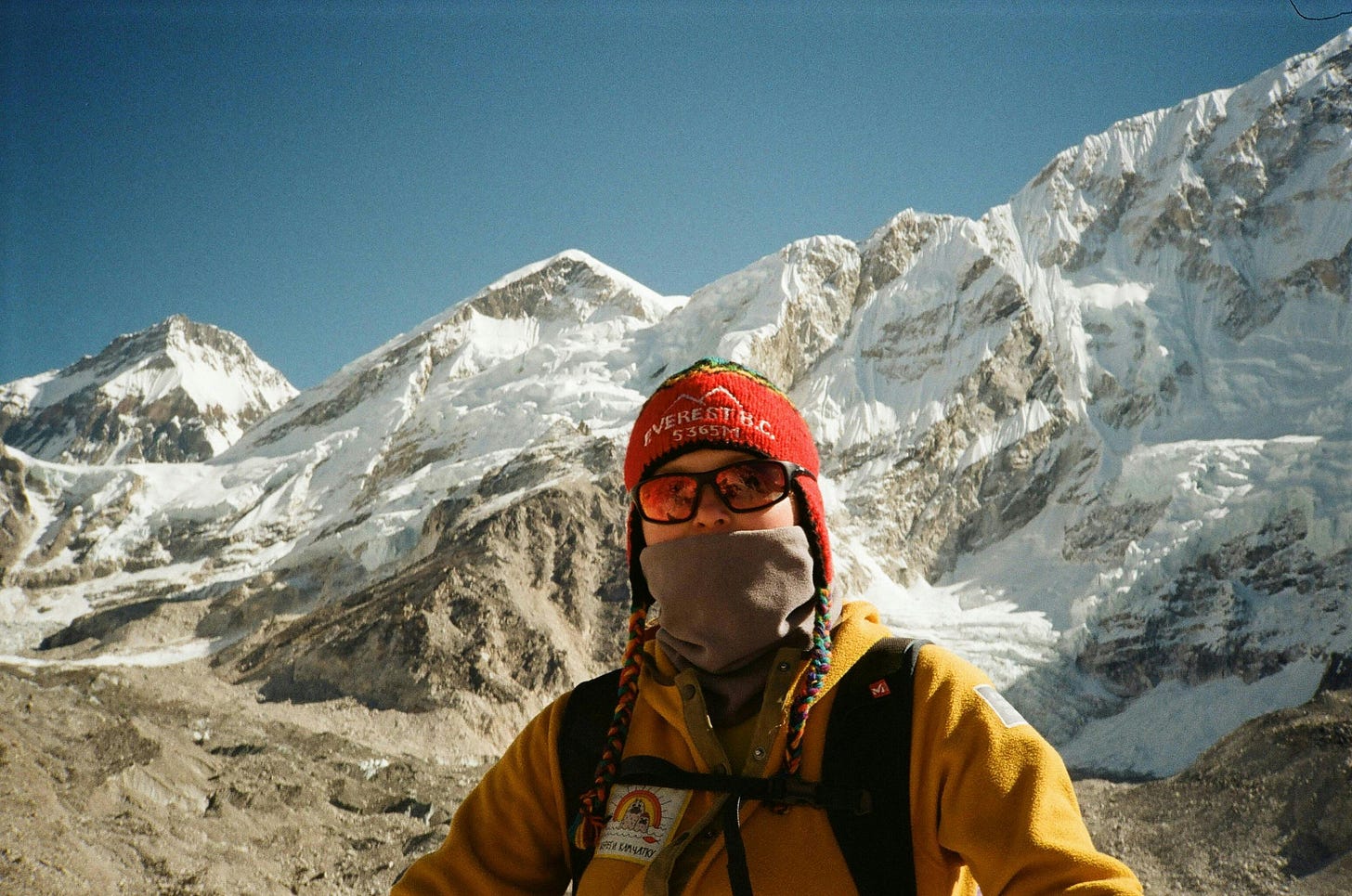If you're reading this, this is what Carl Jung said about you.
And why it's likely misunderstood.
Issue #8 · April 2, 2025 · 3 min read
Ever feel that persistent itch for more? A new city, a different career path, that nagging sense there's something else out there?
If you’re nodding along, even slightly, you might be tapping into something deep, what Carl Jung called the Explorer archetype.
It’s that fundamental human drive for discovery, freedom, and figuring out how things could be better. The part of us wired to push boundaries, seek novelty, and constantly ask "What if?"
You might recognise this energy under other labels too – Polymath, Multipotentialite, Renaissance Soul, maybe even traits linked to high sensation seeking or the novelty-craving aspects sometimes seen in ADHD.
Useful terms, yes, but perhaps they all point back to this ancient Explorer energy.
This drive isn't new. It's woven into our oldest stories.
Picture a weathered Greek soldier standing on the shores of a war-torn land. A brutal, decade-long conflict, won largely by his ingenuity, is finally over. Smoke mixes with the salt spray.
Around him, soldiers celebrate, but peace feels... incomplete. His gaze drifts past the cheering crowds, out towards the wine-dark sea. A deep restlessness stirs, his mind already charting unknown courses, anticipating the next horizon.
Home calls fiercely, but the journey itself? The thrill of the unknown, the discoveries waiting just beyond sight? That's a call he can't ignore.
That figure was Odysseus, King of Ithaca.
His legendary voyage became the ultimate story of the Explorer – compelled not just to endure, but to actively engage with the vastness, challenges, and possibilities of the world.
This Explorer drive is less about simple wanderlust and more about a profound need for authenticity and freedom. It’s fueled by a deep fear of stagnation, of being stuck in a life that doesn’t fit.
We thrive on the unknown, on figuring things out as we go, valuing the process of discovery often as much as the destination.
But let's be real, it’s not always easy. That constant pull can manifest as restlessness, make deep commitment feel tricky, and lead to those 3am spirals about missed opportunities or the worry of a predictable, ordinary life.
So, why does recognising this archetype matter, especially for readers focused on Building Better?
Because understanding this core drive is like understanding your personal operating system.
We are often pushed into narrow specialisation, but knowing you're wired to roam empowers you to navigate differently. You can stop fighting your nature and start harnessing it.
Seeing your innate curiosity not as a flaw or distraction, but as an engine for growth and innovation.
From a scientific perspective, curiosity has been shown to trigger activity in the dopaminergic system, particularly in the substantia nigra and ventral tegmental area (SN/VTA). In simple terms, these regions release dopamine, which enhances exploratory behaviour and motivates information-seeking to resolve uncertainty or close knowledge gaps
Understanding is the 'why'. Alignment requires the 'how'. Waiting for permission rarely works. So, what do you do with this restless energy?
Feed Your Curiosity: Don't treat exploration as a guilty pleasure, make it essential fuel. Schedule time for it. Subscribe to newsletters outside your field, follow diverse thinkers, dedicate 30 minutes daily to unstructured 'rabbit hole' time. Protect this practice.
Use Digital Tools: We live in an age of unprecedented access. Use tools like Perplexity, Consensus, or deep research to dive deep, fast. Synthesise information efficiently, turning that spark of curiosity into knowledge without getting lost for days (unless you want to).
Adopt an Explorer Mindset: Consciously choose to view the world through curiosity. Reframe 'dabbling' as 'range building' or 'synthesis'. Accepting this as your way, not a bug, but a feature is incredibly powerful. It grants you permission to operate authentically.
Recognising your Explorer drive is the first step.
Taking these actions starts building a life, maybe even a business that doesn't just feel okay, but feels right. It's about building better by building in alignment with who you are.
Going forward, we'll dive deeper into more specific strategies. But for now?
Start here. Give yourself permission. Use the tools. Own the mindset.
More soon,
Alex
P.S. If you found this valuable, consider sharing it with someone who's trying to make sense of these shifts. And if you're new here, subscribe to get these insights in your inbox every week.







I don't have to feel guilty now when my mind digresses, as usual.